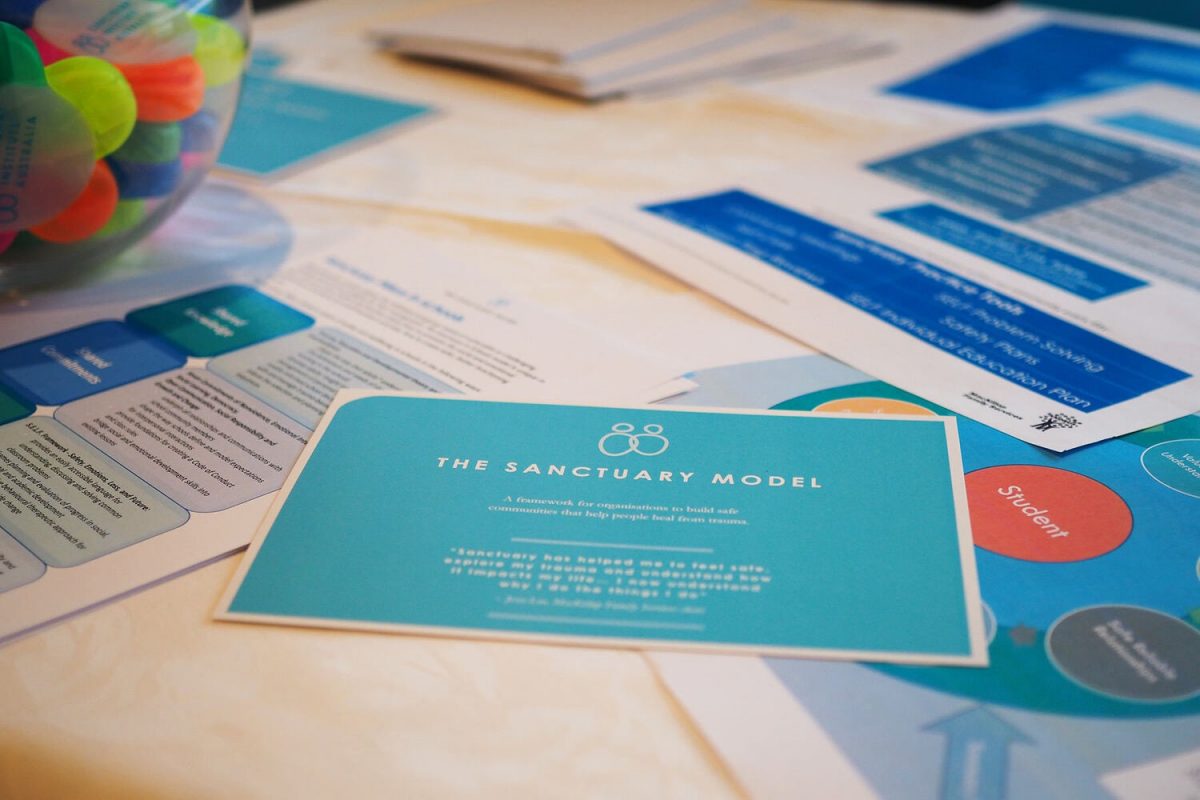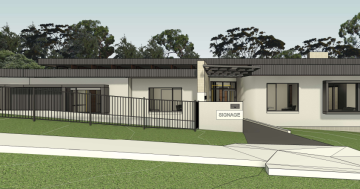
The Sanctuary Model will be used to inform therapeutic programs at Canberra’s residential care homes. Photo: MacKillop Family Services.
Canberra’s residential care services for young people are being reshaped for the future with MacKillop Family Services taking over management.
While MacKillop already had one residential care facility in the ACT, it has taken over the operations of 13 extra homes, with the transition already underway.
They’re taking over from outgoing provider Barnardos Australia, which had not applied during the tender process.
Families and Community Services Minister Rachel Stephen-Smith said the change helped deliver on a priority initiative of the ACT Government under the Next Steps For Our Kids strategy, focusing on strengthening therapeutic residential care and models of support of young people who had “significant trauma behaviours”.
“We know that children and young people who live in residential care have experienced incredible challenges and trauma,” she said.
“To support these children and young people to process their trauma and develop into healthy and happy adults, it is important they have a safe, supportive and therapeutic environment.
“The Sanctuary Model employed by MacKillop reflects evidence-based best practice in the delivery of therapeutic residential care.”
This model has been described as a trauma-informed approach, supporting staff to create a culture which prioritises safety and well-being.
MacKillop CEO Dr Robyn Miller said essentially what this was about was making “every home a therapeutic home”.
“The main shift is that everybody in the team is part of an approach that is trauma-informed, even the maintenance person on the properties,” she said.
One example she gave was when children have experienced trauma and are constantly wired to look for threats, they may act out by damaging property such as walls or vehicles.
She said when all staff understood this was simply a reaction rather than an intentional act, it changed the way they responded to the behaviour.
“It’s not about kids being naughty, part of our job is to help them calm down … rather than focusing on what’s wrong, it’s about understanding what has happened to them,” Dr Miller explained.
“When there’s damage now, workers will say, ‘Poor kid, what’s happened to this young person?’ [rather than react with anger].
“This leads to deeper compassion and understanding, which in turn leads to healing and recovery.”
MacKillop has been working collaboratively with Barnardos Australia on the transition, which began on 31 March.
Barnardos will continue to offer foster care, kinship care, permanency services, support for care leavers aged 18-25 years and therapeutic support in Canberra.
Dr Miller said recruitment had been positive, with locals Rebecca Cormack and Ben Chapman engaged as director and ACT regional manager respectively.
She explained planning to take over the care homes had been “enormous and extremely detailed” in making sure there was minimal disruption for the children.
“We’ve bent over backwards to make sure it’s been smooth and calming, letting them know we’re not coming in to change all the good things that are already there,” Dr Miller said.
“Some of the kids don’t like change, but others have been excited and want to talk about positive changes for the homes, while others just want to know whether the takeaway each Friday will stay the same.
“At the heart of it are the children and young people.”
Dr Miller said they were keen to connect with local providers and services to be fully part of the ACT system.
MacKillop is an accredited Rainbow Tick organisation and also committed to the Reconciliation Action Plan, with an active callout for more Aboriginal and Torres Strait Islander peoples to apply for positions in Canberra.
“We’d love to have more Aboriginal residential carers,” Dr Miller said.
“Culture is not an add-on, it’s a process of healing.”
The ACT Government has invested an extra $64 million over four years for the delivery of the new therapeutic residential care service.
The Community Services Directorate is now working through the next stage of commissioning for the remaining out of home care services in 2023-24.

















